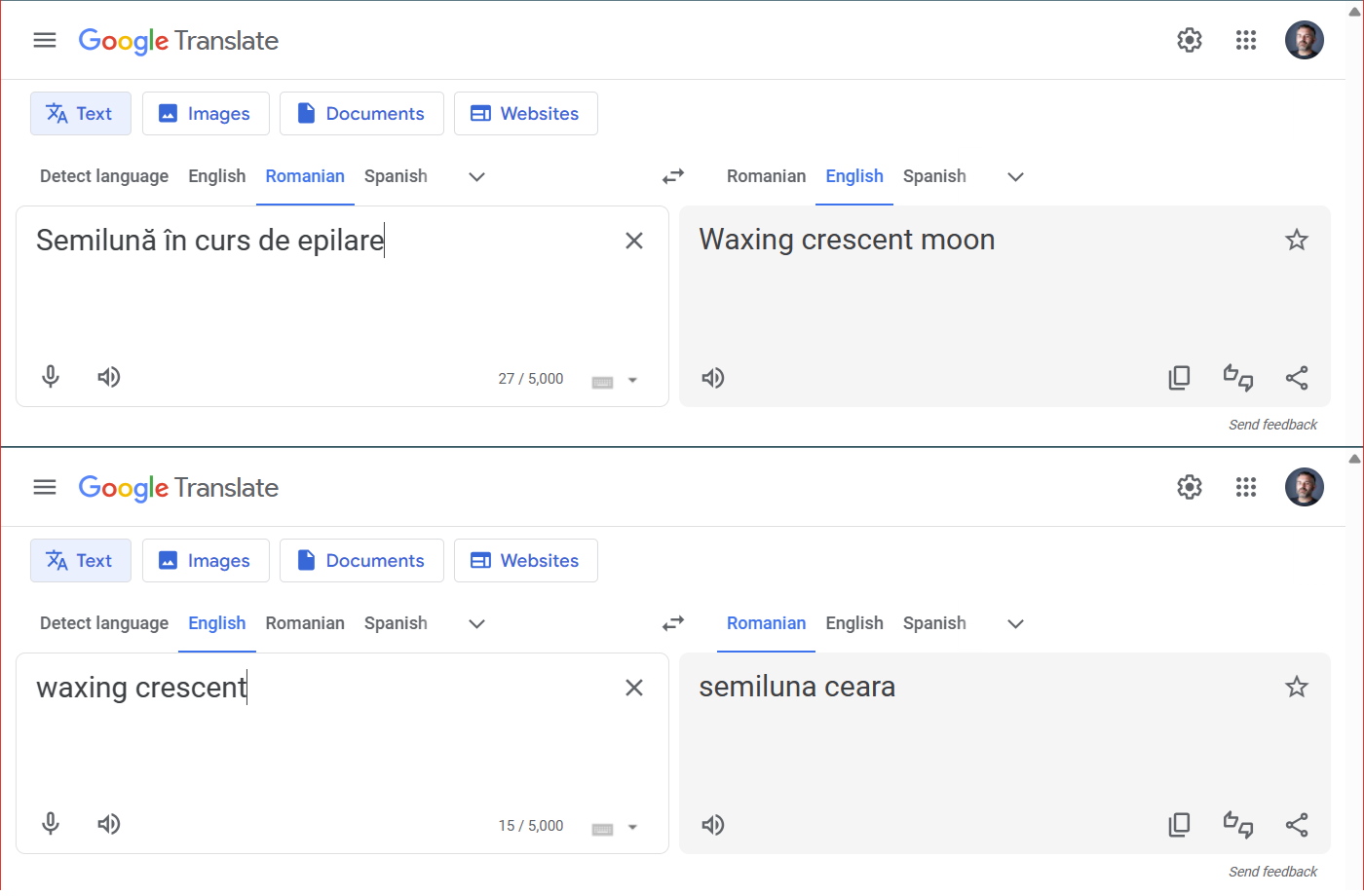Within a few years, AI translation may become so commonplace and frictionless that billions of people take for granted the fact that the emails they receive, videos they watch, and albums they listen to were originally produced in a language other than their native one. Something enormous will be lost in exchange for that convenience. Studies have suggested that language shapes the way people interpret reality. Learning a different way to speak, read, and write helps people discover new ways to see the world—experts I spoke with likened it to discovering a new way to think. No machine can replace such a profoundly human experience. Yet tech companies are weaving automatic translation into more and more products. As the technology becomes normalized, we may find that we’ve allowed deep human connections to be replaced by communication that’s technically proficient but ultimately hollow.
Gabriel Nicholas, a research fellow at the nonprofit Center for Democracy and Technology, told me that part of the problem with machine-translation programs is that they’re often falsely perceived as being neutral, rather than
Louise Matsakisbringing their own perspective upon how to move text from one language to another. The truth is that there is no single right or correct way to transpose a sentence from French to Russian or any other language—it’s an art rather than a science.Students will ask,, Deborah Cohn, a Spanish- and Portuguese-language professor at Indiana University Bloomington who has written about the importance of language learning for bolstering U.S. national security, told me.How do you say this in Spanish?and I’ll say,You just don’t say it the same way in Spanish; the way you would approach it is different
This article reminded me of a hilarious translation fail I recently encountered in Google Translate: it converted ‘waxing crescent’ – a relatively common expression – to Romanian as ‘Semilună în curs de epilare’, which back in English would mean something like ‘Moon getting waxed’. That translation has been corrected in the meantime, but the Romanian to English version is still out there, and the translation of ‘waxing crescent’ into Romanian remains comically bad.

Ironically, if you add ‘moon’ to the phrase, the result improves significantly, proving the point that context is very important for good translations. Google Translate has no trouble with ‘waning crescent’, the conceptually opposite concept, thus stressing how the language models powering these services have no real understanding of actual word meaning. The English to German translation is also correct, in both cases; machine translation may be fine for more commonly spoken languages, but if it has a higher failure rate for the rest of the world foreign language education will remain a necessity in those areas at least. This might introduce additional economic burdens for smaller countries, which would need to invest more in language training than larger economies relying on automated translation; or create incentives towards adopting a widely used language for business communication, adding cultural pressure for conformity and eroding local diversity.
Post a Comment